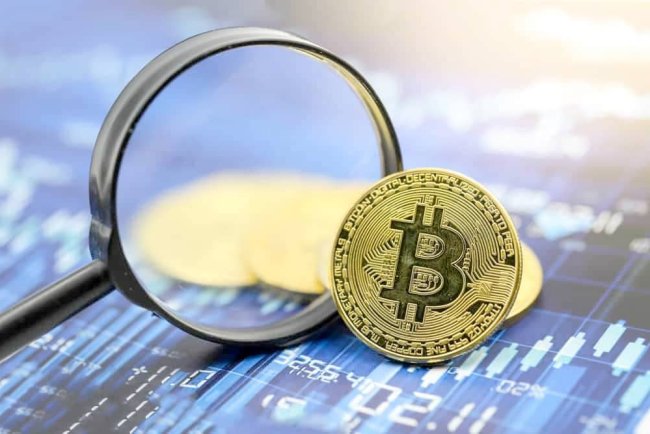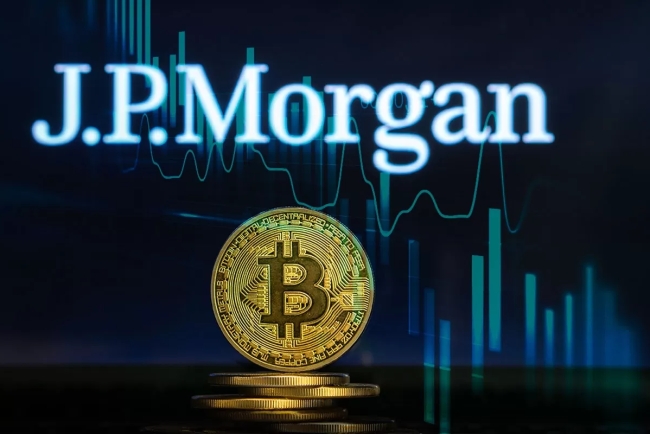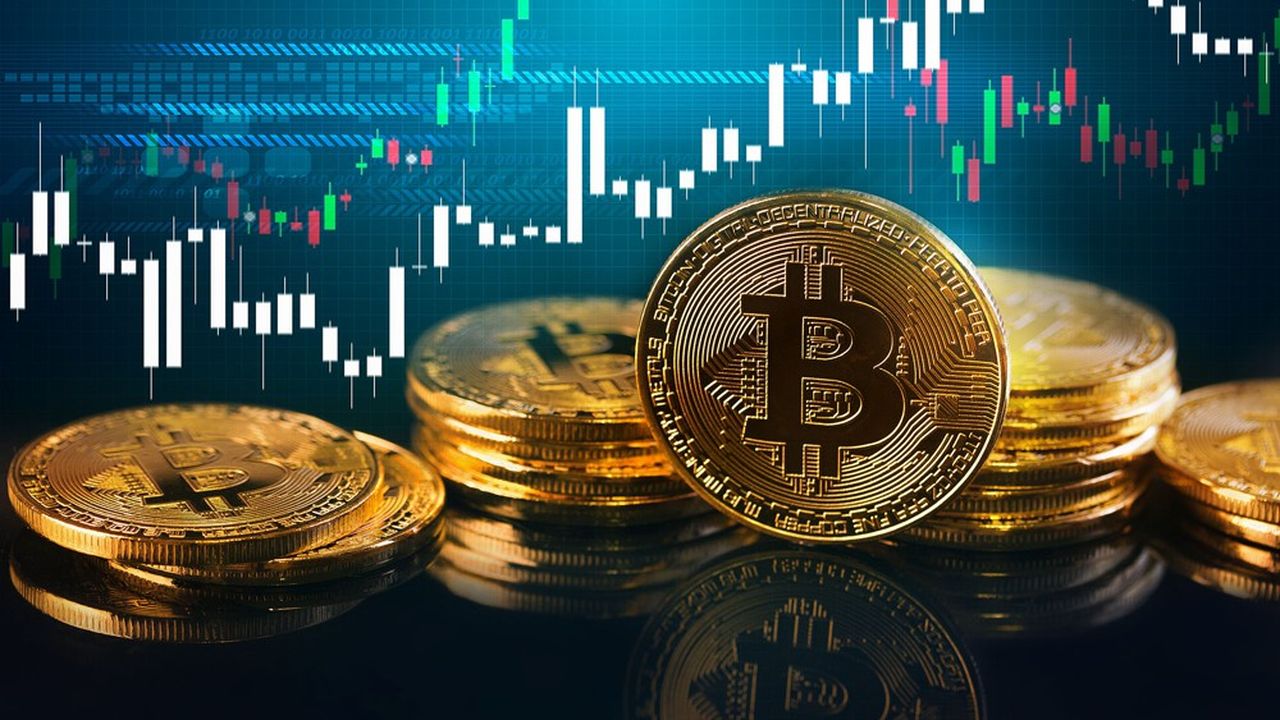IMF Urges El Salvador to Scale Back Bitcoin Law
The International Monetary Fund (IMF) has called on El Salvador to reconsider its Bitcoin law, which made the cryptocurrency legal tender in September 2021. During discussions on October 3, the IMF expressed concerns about the potential financial risks associated with Bitcoin and recommended narrowing the law's scope while enhancing regulatory measures. Despite holding 5,892 Bitcoins valued at approximately $348.5 million, public sentiment in El Salvador has been largely negative, with many citizens viewing the initiative as unsuccessful. The IMF's recommendations reflect a shift in dialogue as both parties navigate the complexities of digital currency adoption.

The International Monetary Fund (IMF) has expressed ongoing concerns regarding El Salvador's Bitcoin initiative, calling for reforms during discussions on October 3. El Salvador made headlines as the first country to adopt Bitcoin as legal tender in September 2021, but this move has drawn criticism from various international financial institutions.
Currently, El Salvador holds 5,892 Bitcoins, valued at approximately $348.5 million, and has mined 474 coins in 2024 using geothermal energy from a volcano. Despite Bitcoin trading around $61,280, public opinion in El Salvador has been mixed, with a 2021 study indicating that about 77% of citizens viewed the Bitcoin adoption as unsuccessful.
IMF's Recommendations
The IMF has maintained a dialogue with the Salvadoran government, providing technical assistance and acknowledging that the risks associated with Bitcoin have not yet materialized. However, the organization has recommended narrowing the scope of the Bitcoin law and enhancing regulatory measures to reduce public sector exposure to the cryptocurrency.
During a recent press conference, IMF spokesperson Julie Kozack emphasized the importance of strong implementation of the country's 2025 budget proposal, which she viewed positively. President Bukele has also acknowledged the challenges of widespread Bitcoin adoption, indicating that the anticipated success has not yet been realized.
Future Outlook
While both the IMF and the Salvadoran government have softened their positions over time, the future of Bitcoin in El Salvador remains uncertain. The IMF's calls for policy changes are a significant shift from its previous stance, which suggested discontinuing Bitcoin's use as legal tender altogether. The dialogue between both parties indicates a potential for compromise, but the complexities of digital currency adoption continue to pose challenges.
FAQ: IMF Urges El Salvador to Scale Back Bitcoin Law
-
What is the IMF's position on El Salvador's Bitcoin law?
- The IMF has expressed concerns about El Salvador's Bitcoin initiative and is urging the government to scale back the law and implement regulatory reforms.
-
Why did El Salvador adopt Bitcoin as legal tender?
- El Salvador became the first country to adopt Bitcoin as legal tender in September 2021, aiming to promote financial inclusion and attract foreign investment.
-
How much Bitcoin does El Salvador currently hold?
- El Salvador holds 5,892 Bitcoins, which are valued at approximately $348.5 million.
-
What has been the public response to Bitcoin adoption in El Salvador?
- Public sentiment has been mixed, with a 2021 study indicating that about 77% of citizens viewed the Bitcoin adoption as unsuccessful.
-
What recommendations has the IMF made regarding Bitcoin in El Salvador?
- The IMF has recommended narrowing the scope of the Bitcoin law and enhancing regulatory measures to reduce public sector exposure to the cryptocurrency.
-
What is the current trading price of Bitcoin?
- As of the latest reports, Bitcoin is trading around $61,280.
-
How has the Salvadoran government responded to the IMF's recommendations?
- President Bukele has acknowledged the challenges of Bitcoin adoption and indicated that the anticipated success has not yet been realized, suggesting a willingness to consider reforms.
-
What are the risks associated with Bitcoin that the IMF is concerned about?
- The IMF is concerned about the potential financial risks to the public sector and the overall economy, particularly in light of the volatility and unpredictability of cryptocurrencies.
-
Has the IMF provided any technical assistance to El Salvador?
- Yes, the IMF has been in dialogue with the Salvadoran government, providing technical assistance to help address the challenges associated with Bitcoin adoption.
-
What does the future hold for Bitcoin in El Salvador?
- The future of Bitcoin in El Salvador remains uncertain, as ongoing discussions between the IMF and the government may lead to policy changes, but the complexities of digital currency adoption continue to pose challenges.
What's Your Reaction?
















